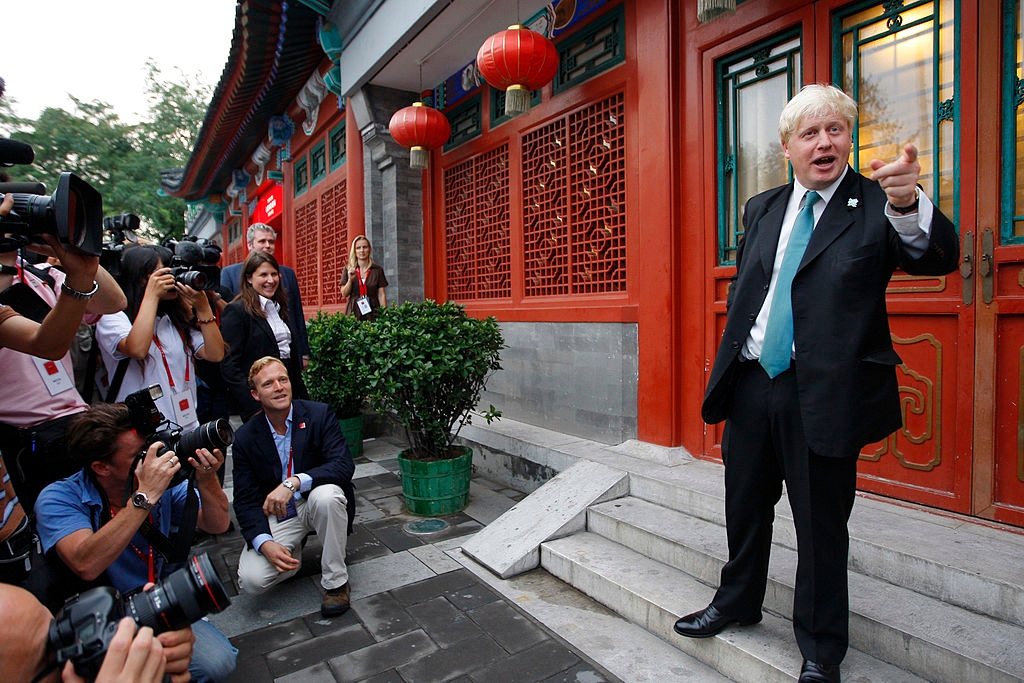Boris Johnson will today unveil the government’s integrated review which promises to set out the blueprint for ‘Global Britain’. The 100-page document – titled ‘Global Britain in a Competitive Age’ – has been heralded as the most radical reassessment of Britain’s place in the world since the Cold War. The Prime Minister is due to unveil the plans in the Commons to MPs this afternoon – but in the meantime the document has been leaked to several papers.
With Sino-scepticism building in the Tory party, the review appears to go a step further than many backbenchers would like
So, what’s next for Global Britain? The aspect which is already leading to the most animated debate in the Tory party relates to China. With increased Sino-scepticism building in the Tory party over the past year, the review appears to go a step further than many backbenchers would like when it comes to working with China.
While the review says China poses the ‘biggest state-based threat’ to the UK’s economic security, it also argues that despite this there is a need for a positive economic relationship. This includes ‘deeper trade links and more Chinese investment’, with the Foreign Secretary this morning calling for a ‘calibrated approach’. Where the review takes a more black and white approach to relations is Russia. Putin’s Russia will be described as an ‘active threat’ and the top security threat the UK faces.
As for countries the UK wants to build ties with, there will be a recommitment to strong ties with the United States. But there is a focus on new relations with the Indo-Pacific, which is seen as ‘increasingly the geopolitical centre of the world’. In expanding its influence there, the UK will also hope to moderate China’s influence. Through all of this the UK’s leading international priority will be to tackle the climate crisis.
Those involved with the review see one of the most important takeaway messages as being that the UK cannot remain a global democratic power by staying the same and relying on the status quo. Instead, the country must adapt and invest in new technologies, scientific research and forge new ties – as there are new threats which are not covered by traditional defence methods or geopolitics as was the case a few years ago.







Comments